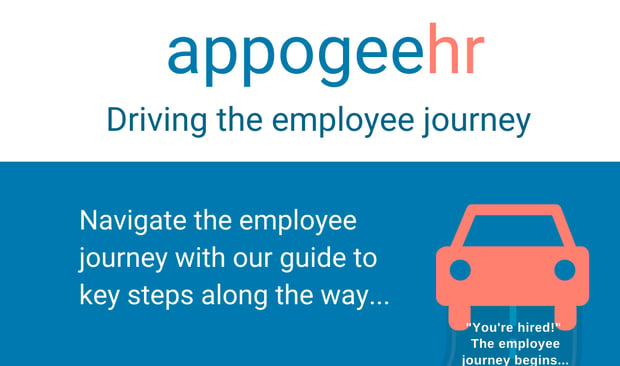Employee experience in a hybrid world: why consistency is key

With work a very inconsistent affair right now, consistency of experience is all the more important.
If there’s one observation that’s possible right now, is that actually, there’s nothing normal about the ‘new normal’ of work.
While many employees have part-returned to the office, it’s still the case that many have not. Some 20% are still ‘mainly’ working from home while a further 8% of the working population have declared they never want to come back at all. Even those that are heading back to their HQs don’t want to be there all week (just one in five firms want staff to come in the office five days a week). Meanwhile, many firms are still undecided about how their own hybrid working should even look. Data from ONS only last month found 18% of firms will allow more homeworking, but 19% are still not sure.
Helping employees feel connected in a hybrid workplace
Not surprisingly all this is making work a very inconsistent affair; comprising disparate staff that increasingly have very different experiences working for their organisation. Inevitably company cultures are buckling at the edges. When the very definition of culture is people all working and feeling like they are in unison, the lack of common bonds is really hurting it. As a McKinsey paper recently revealed, culture is “a predisposition to behave in a certain way,” adding that “helping people feel connected” is now the key mission for organisations today.
So how to respond? Logically, the only way companies can address such potential for widespread variation is to unify what can be unified. Normality is needed where it can, to create all-important consistency and ultimately, consistency of the experience of processes that involve the whole workforce, with HR being at the forefront.
Thankfully, there are processes more ready than others for creating common experiences than others. They include the onboarding experience new employees receive; the goal-setting and task management matrixes their work slots into; the follow-up performance reviews they generate, and the shout-outs and peer recognition that meeting these goals is able to generate. (And all of these can be set according to standard templates and tolerances governed by each company as they see fit).
These are also the sorts of experiences that can be centrally managed with technology platforms such as Appogee HR – where, for instance, an entire programme of communications and meetings can be set in advance for new joiners, and where there is fairness and consistency is ingrained from the start.
The power of establishing common sets of rules
When PwC asked 12,000 workers about the technology they engage with while working, 29% said they wanted technology to deliver individual achievement within a ‘predictable environment’ while 37% said they were more likely to adopt new technology if it helped them advance their careers or gain status, such as the opportunity for promotion or other external recognitions.
The fact is, employees rate having good employee experiences because they make them happier. But they also understand it creates fairness to all, and eradicates suspicions of bias (even more relevant now there are those who are either less visible or are in the office more than others). Even more compelling is the finding that a staggering 92% of workers say that when they’re recognised for specific tasks (recognition what can be programmed to automatically happen if specific goals and targets are met) they’re more likely to do them again in the future.
The best HR systems also have repositories where staff can refer to company policies, documents and other important organisational standards and feel like they are in control. Control also gives meaning, and when people have meaning evidence suggests that this makes the biggest difference between making people feel they have a job versus having a career. All of this lends itself to one important lesson: Don’t dismiss the power of conformity, and giving everyone the same experience as their peers. It could well be the difference between highly and less highly engaged staff.
Want to find out if Appogee HR can help you create a consistent employee experience? Start your 14-day free trial of any of our people software solutions here or book a demo with a member of our team.
.webp?height=168&name=appogeehr%20(1).webp)




